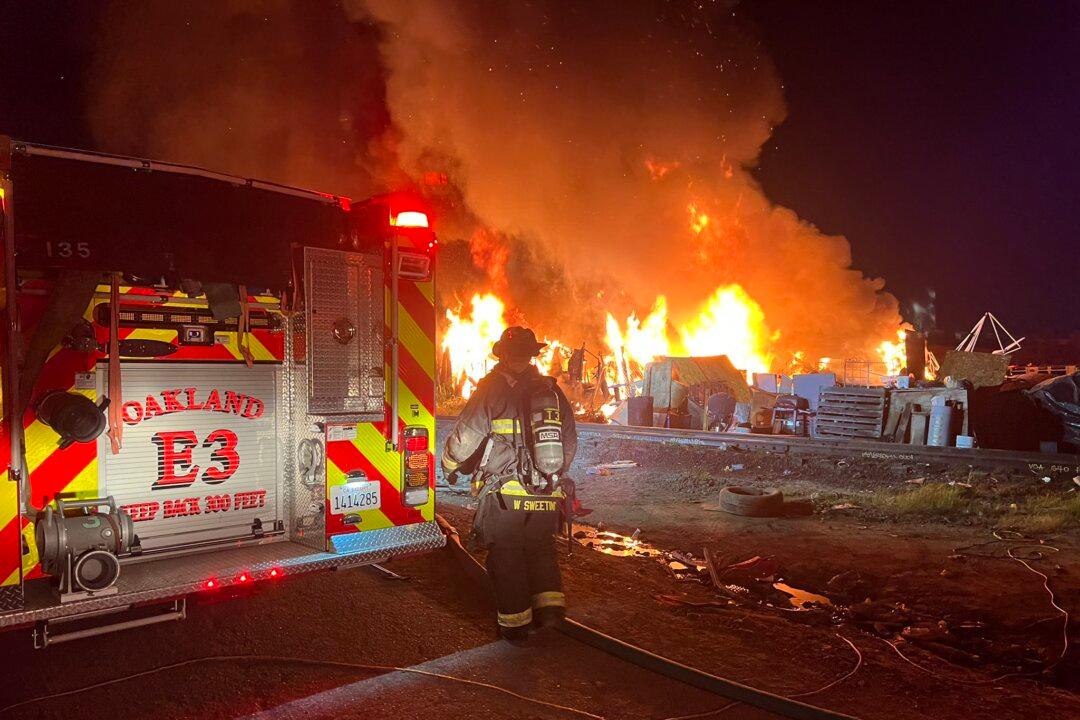The United States and Canada have issued travel warnings to their citizens who intend to visit China, and likewise China has reacted with travel warnings to its citizens who wish to visit the North American countries.
The travel warnings have been issued after the arrest of Huawei’s financial chief Meng Wanzhou, and China’s retaliatory arrest of Canadian citizens.






